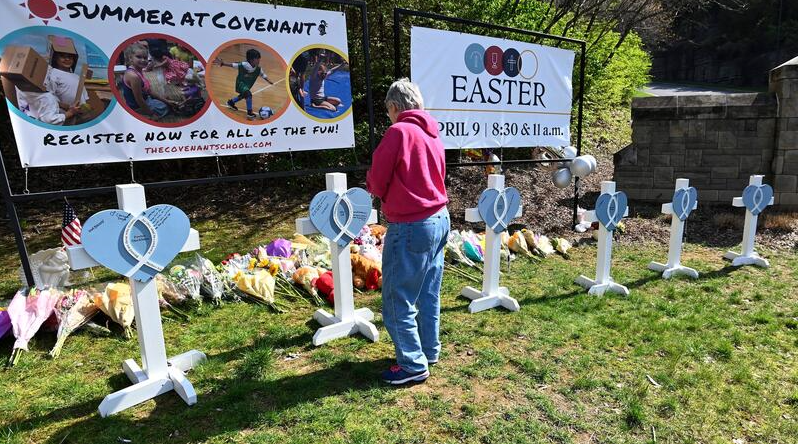Helping Children Cope Through Unspeakable Trauma
In the face of unspeakable tragedy like The Covenant School shooting, our hearts are collectively broken. Many children are struggling to cope with this seemingly never-ending cycle of violence at places where everyone should feel safe. As leaders, parents and caregivers, we can help them manage through the impact and support healing.
Jeff Gorter, VP of clinical crisis response with R3 Continuum, spoke with Craig Shoup of The Tennessean this week about what parents and children need following traumatic events. He outlines a few clinically-grounded tools that every parent can use.
1. To begin, frequently reassure your child that they are safe. Be present and intentionally offer age-appropriate comfort such as hugs, playing with beloved toys or doing a favorite activity together. For younger children, parents can help them express their feelings by modeling how to put thoughts into words, for example, “Are you feeling sad? I feel sad, too.” Young children are not always able to articulate feelings but welcome an opportunity to see this modeled by the adults in their lives.
Playing with action figures, dolls or stuffed animals, and drawing or creating figures with clay can be used as a way to help children process what happened and model appropriate self-care. “What do you think Barbie/teddy bear/the kitten that we drew could do right now to make herself feel better?”
2. For parents and guardians, taking care of yourself is key to taking care of your child. If they see you agitated, angry or upset, they might think the threat is still present – “My parent is upset, is the scary thing really over? Am I safe?” Taking care of yourself seems counterintuitive because traumatic events initiate protective instincts, but take a minute to meet your own needs, too. Your healthy coping skills fortify your ability to be a calming presence for your child.
There is no single answer that will “make it all go away” for our children – the goal is to do 1,000 small things as a means of coping. Go for a walk, reach out to caring people in your area, play games, do activities that are part of a normal routine. Normal routine may seem simplistic, but there is tremendous power in the ordinary and the familiar. Children need structure and they are craving the mundane right now, so reinforcing regular routines is important.
3. Allow children to process in their own time – don’t try to force them to talk about what happened if they are uncomfortable. Kids of different ages will have different speeds and abilities to process after a traumatic event, just assure them that you are there to walk the journey with them.
If you are seeing marked changes in your child’s behavior or a regression to an earlier age level in their activities, consult with your EAP or behavioral health benefit through your employer.
Nashville shooting: Shooter Audrey Hale sent Instagram DMs (tennessean.com)

